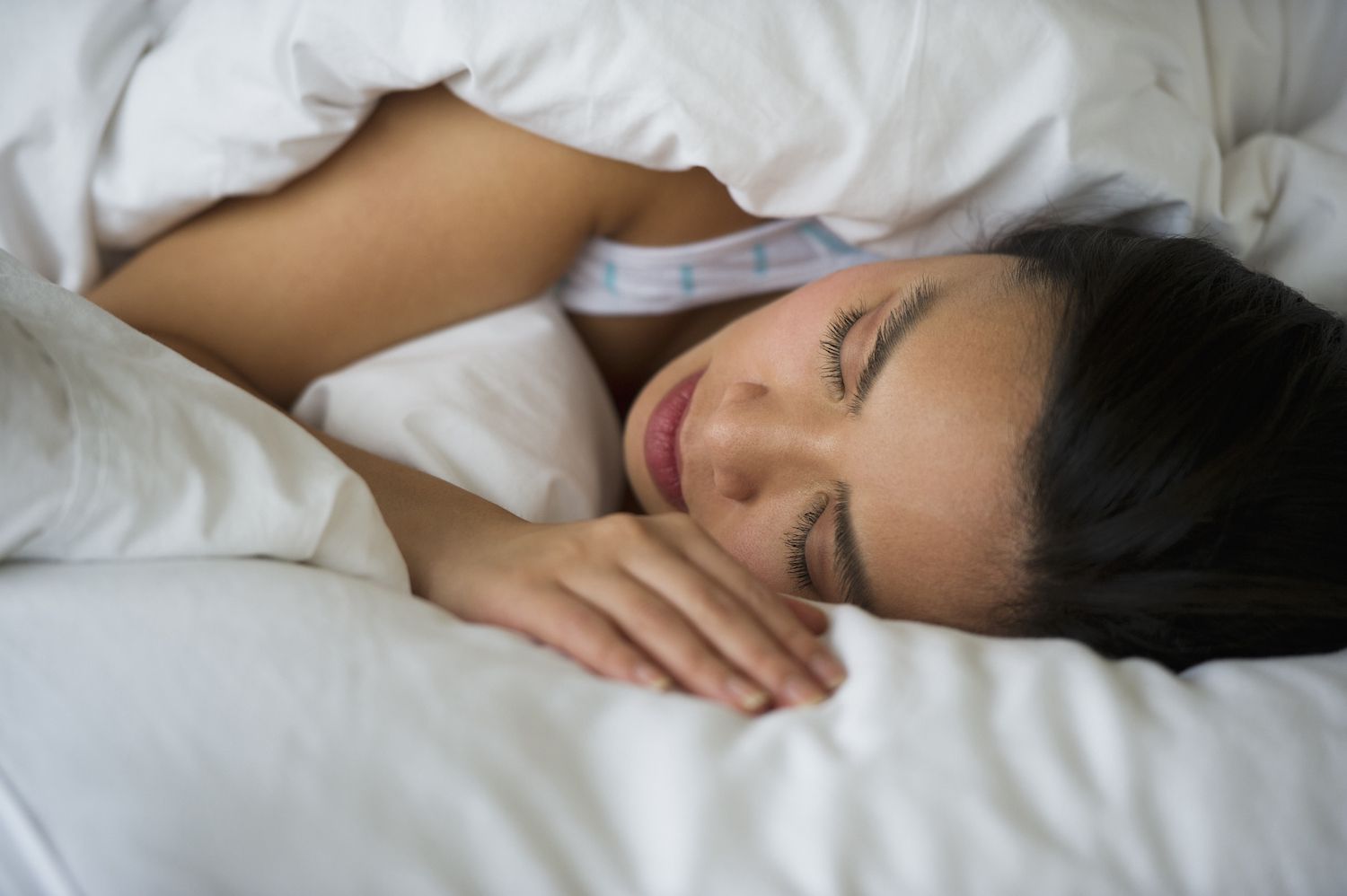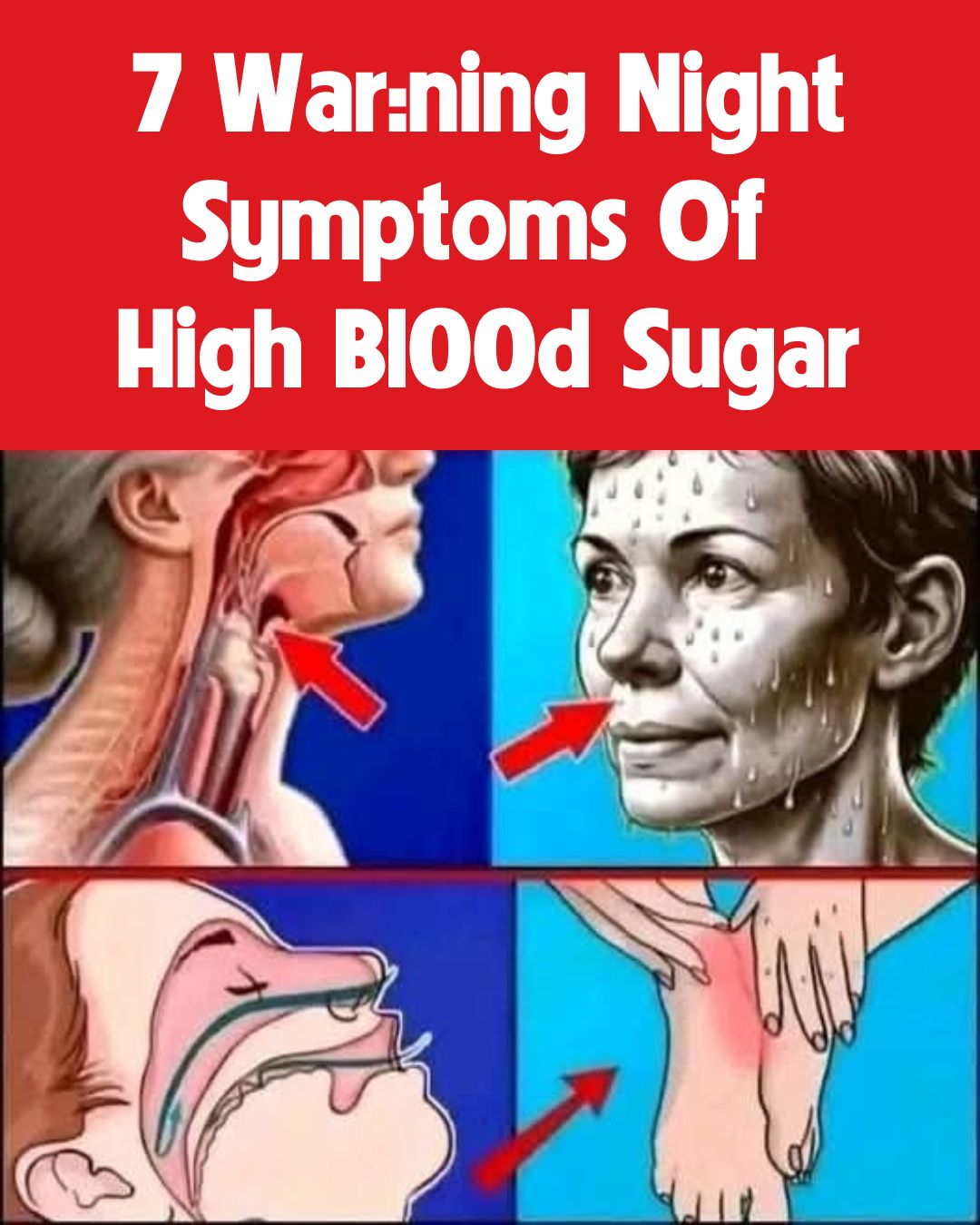Increased Thirst
Polydipsia or excessive thirst can maintain diabetics reaching out for water more often at night. The body deals with fluid loss because of increased peeing by triggering thirst.
Extreme Tiredness

Feeling consistently weary and tired, especially at night, is popular with diabetes. High bl00d sugar levels can allow cells using glucose effectively, resulting in insufficient energy. This can disturb a peaceful night’s sleep and leave you feeling even more weary the following day.
Restless Legs Syndrome
Restless Leg Syndrome (RLS) is fractious urge to move the legs, often accompanied by discomfort. Diabetics are often victims of RLS, the symptoms of which exacerbate at night.
Midnight Leg Cramps
Suffering from leg cramps, particularly at night, is another nocturnal alarm to diabetes. The resulting ache and unease can unleash havoc on sleep. The combination of stretching exercises and suitable medication could support respite.
Breathing Pauses in Sleep

Sleep apnea, or sleeping disorder is another nighttime sign of high bl00d sugar levels. This condition is recored by a disorder that leads to irregular breathing or superficial breaths during sleep.
Excessive Sweating At Night
Night sweats can be another war:ning sign of diabetes. Variations in bl00d sugar levels can disturb the body’s temperature control, leading to excessive sweating during sleep. If you wake up night after night in a pool of sweat, a check on blood sugar levels is assured.

